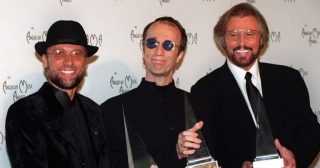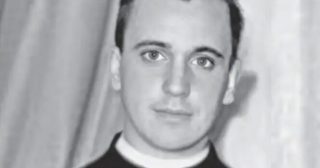Title: Pope Francis Dies at 88: The Life, Legacy, and Final Wish of a Modern Spiritual Icon

Pope Francis, the first Latin American Pope, passed away on April 21 at age 88. Discover his remarkable journey, progressive legacy, and heartfelt final wish for a humble burial outside the Vatican.
Pope Francis Dead at 88: A Humble Soul Who Changed the Church Forever
Pope Francis, the beloved leader of the Catholic Church and sovereign of the Vatican City State, passed away on April 21, 2025, at the age of 88. Known for his humble lifestyle and unwavering commitment to justice, Pope Francis left behind a legacy that reshaped the modern Catholic Church and inspired millions worldwide.
The Vatican confirmed his death early Monday morning. Cardinal Kevin Farrell delivered the somber news:
“At 7:35 this morning, the Bishop of Rome, Francis, returned to the house of the Father.”
A Life Rooted in Faith and Service
Born Jorge Mario Bergoglio on December 17, 1936, in Buenos Aires, Argentina, Pope Francis came from a family of Italian immigrants. Before joining the priesthood, he earned a degree as a chemical technician. His journey to religious life began in 1958 when he entered the Society of Jesus.
Over decades, Bergoglio climbed the ranks of the Church—becoming Archbishop of Buenos Aires in 1998, a cardinal in 2001, and finally Pope in 2013 following Pope Benedict XVI’s resignation. He made history as the first Latin American pope and the first Jesuit to hold the role.
Progressive Leadership in a Traditional Institution
Throughout his 12-year papacy, Pope Francis became known for his forward-thinking views. He passionately advocated for:
The poor and marginalized
Immigrant rights
LGBTQ+ inclusion, calling anti-gay laws “unjust”
Climate action, with his landmark 2015 encyclical Laudato Si’
He encouraged open dialogue, urging the Church to evolve while remaining faithful to its core mission.
Despite his popularity, Pope Francis faced opposition from conservative factions within the Church. He also dealt with internal scandals, including initially mishandling abuse allegations in Chile—a misstep he later publicly apologized for.
Health Struggles and Final Days
In his final years, Pope Francis battled several health issues, including complications from intestinal surgeries and respiratory illness. He had only one functioning lung but continued his papal duties until his last days.
Just a week before his passing, he was released from a 38-day hospital stay. On Easter Sunday, he appeared briefly before a cheering crowd in St. Peter’s Square. Less than 24 hours later, he suffered a fatal stroke.
A Humble Final Wish: No Vatican Burial, No Titles
In a touching final testament, released hours after his death, Pope Francis requested to be buried not in the Vatican, but in the Basilica of Santa Maria Maggiore in Rome—where he often prayed before and after apostolic journeys.
“The tomb must be in the earth; simple, without particular decoration and with the only inscription: Franciscus,” he wrote.
He even asked that no title such as “Pope” appear on his tomb. His wish? To be remembered as a servant, not a ruler.
Legacy of Love, Justice, and Simplicity
Pope Francis’ papacy will be remembered as one of compassion, humility, and courage. From his modest living quarters to his love of pizza and pasta, he remained grounded—even as he led over a billion Catholics.
His death marks the end of a transformative era for the Church and the world. But his message of peace, unity, and stewardship of the Earth will continue to resonate for generations.
“May the Lord give the deserved reward to those who have loved me and will continue to pray for me,” he wrote in his final statement.
Rest in Peace, Pope Francis.
Please share this story to honor a spiritual icon who touched lives across faiths and continents.










